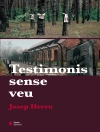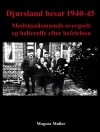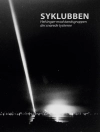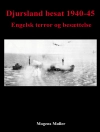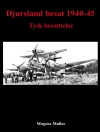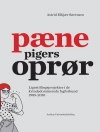Unearthing new evidence to provide a richer understanding of her life, this study, now available in paperback, delves beyond the familiar image of Ellen Wilkinson on the Jarrow Crusade. From a humble background, she ascended to the rank of minister in the 1945 Labour government. Yet she was much more than a conventional Labour politician. She wrote journalism, political theory and novels. She was both a socialist and a feminist; at times, she described herself as a revolutionary. She experienced Soviet Russia, the Indian civil disobedience campaign, the Spanish Civil War and the Third Reich. This study deploys transnational and social movement theory perspectives to grapple with the complex itinerary of her ideas. Interest in Wilkinson remains strong among academic and non-academic audiences alike. This is in part because her principal concerns – working-class representation, the status of women, capitalist crisis, war, anti-fascism – remain central to contentious politics today.
表中的内容
Introduction
1. Socialist ideas and movements
2. Feminism and the Women’s Movement
3. The Trade Union Movement
4. Against imperialism and war
5. The commons and the parliamentary Labour Party
6. A journey through the Crisis Years: the slump, travel and anti-Fascism
7. ‘The hope of the world’: Spain in revolution and war, 1933–39
8. In government, 1940–47
Bibliography
Index
关于作者
Matt Perry is Reader in Labour History at Newcastle University


